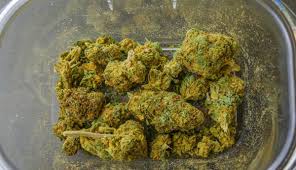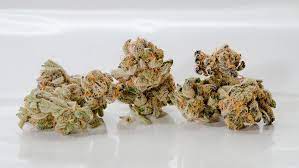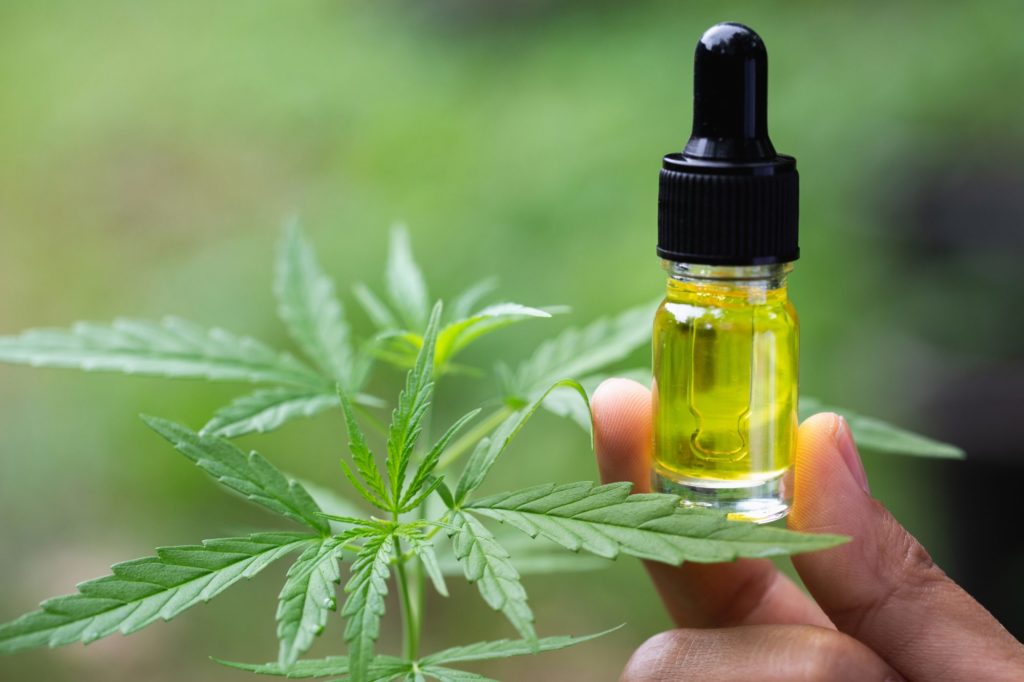Introduction
The cannabis industry is rapidly evolving, introducing consumers to a variety of compounds such as Delta-8 THC, Delta-9 THC, and CBD. Each of these cannabinoids has unique characteristics and effects. This article aims to demystify these compounds, highlighting their differences and potential uses.
Understanding Cannabinoids
Cannabinoids are chemical compounds found in the Cannabis sativa plant. Among these, Delta-9 THC, Delta-8 THC, and CBD are the most recognized and researched. They interact with the body’s endocannabinoid system but exhibit distinct effects due to their differing chemical structures.
Delta-9 THC: The Primary Psychoactive Compound

Delta-9 THC is the most well-known cannabinoid, primarily responsible for the psychoactive effects associated with marijuana use. It’s recognized for inducing feelings of euphoria, relaxation, and, in some cases, heightened sensory perception. However, it can also lead to anxiety and paranoia in sensitive individuals. The legal status of Delta-9 THC varies, with it being federally illegal in the U.S. but legalized for medicinal or recreational use in several states.
Delta-8 THC: A Gentler Alternative

Delta-8 THC is chemically similar to Delta-9 THC but with a slightly altered structure, leading to less potent psychoactive effects. Users often report a more clear-headed experience with reduced anxiety and paranoia. This cannabinoid is synthesized from hemp-derived CBD, making it federally legal under certain conditions. However, its legal status remains ambiguous, and it’s restricted in some states.
CBD: Non-Psychoactive and Therapeutic

Cannabidiol (CBD) is a non-psychoactive cannabinoid found in both marijuana and hemp. It’s known for its potential therapeutic benefits, including pain relief, anti-inflammatory properties, and anxiety reduction. CBD is legal federally in the U.S., provided it’s derived from hemp and contains less than 0.3% THC.
Comparing Effects and Uses
- Delta-9 THC:
- Effects: Most potent psychoactive effects; induces euphoria, altered sensory perception, and relaxation.
- Uses: Often used recreationally for its strong ‘high.’ Medically, it’s employed for pain relief, appetite stimulation, and managing conditions like glaucoma and certain forms of epilepsy.
- Side Effects: Can cause anxiety, paranoia, and short-term memory impairment in sensitive individuals.
- Delta-8 THC:
- Effects: Similar to Delta-9 THC but with milder psychoactivity. It offers a more clear-headed experience, less intense euphoria, and relaxation.
- Uses: Preferred by those seeking less intense psychoactive effects. It’s used for managing anxiety, mild pain, and nausea, and for stimulating appetite.
- Side Effects: Lower risk of anxiety and paranoia compared to Delta-9 THC, but may still impair cognitive and motor functions.
- CBD:
- Effects: Non-psychoactive; does not produce a ‘high.’ Known for its calming effect on the nervous system.
- Uses: Widely used for therapeutic purposes, including pain relief, reducing inflammation, managing anxiety and depression, and potential neuroprotective properties.
- Side Effects: Generally well-tolerated; rare side effects include mild nausea, fatigue, and irritability.
Each of these cannabinoids interacts uniquely with the body’s endocannabinoid system, leading to their distinct effects and uses. While Delta-9 THC is known for its strong psychoactive properties, Delta-8 THC provides a less intense alternative, and CBD offers therapeutic benefits without the high.
Safety and Side Effects
Delta-9 THC, while effective for certain medical conditions, can impair cognitive and motor functions and may lead to anxiety or paranoia in sensitive individuals. Delta-8 THC offers milder psychoactive effects with a reduced risk of anxiety, but still carries potential for cognitive impairment.
CBD is generally well-tolerated, with minimal side effects like mild nausea or irritability; its non-psychoactive nature makes it a safer option for those seeking therapeutic benefits without a high. However, all cannabinoids can interact with other medications, underscoring the importance of consulting healthcare professionals before use, particularly for individuals with underlying health conditions.
Legal Considerations
Navigating the legal landscape of these cannabinoids is complex. While CBD is widely legal, the legality of Delta-8 and Delta-9 THC varies significantly. Users must stay informed about the laws in their specific location.
Choosing the Right Cannabinoid
Selecting between Delta-8 THC, Delta-9 THC, and CBD depends on individual preferences, desired effects, and legal constraints. It’s important to consider personal sensitivities to THC and the intended use of these compounds, whether for recreation or therapeutic purposes.
Conclusion
Delta-8 THC, Delta-9 THC, and CBD each offer distinct experiences and benefits. Understanding their differences is essential for informed decision-making, ensuring a safe and satisfactory experience with these diverse cannabinoids. Whether seeking therapeutic relief or exploring the psychoactive landscape of cannabis, knowledge is key in navigating this dynamic field.
